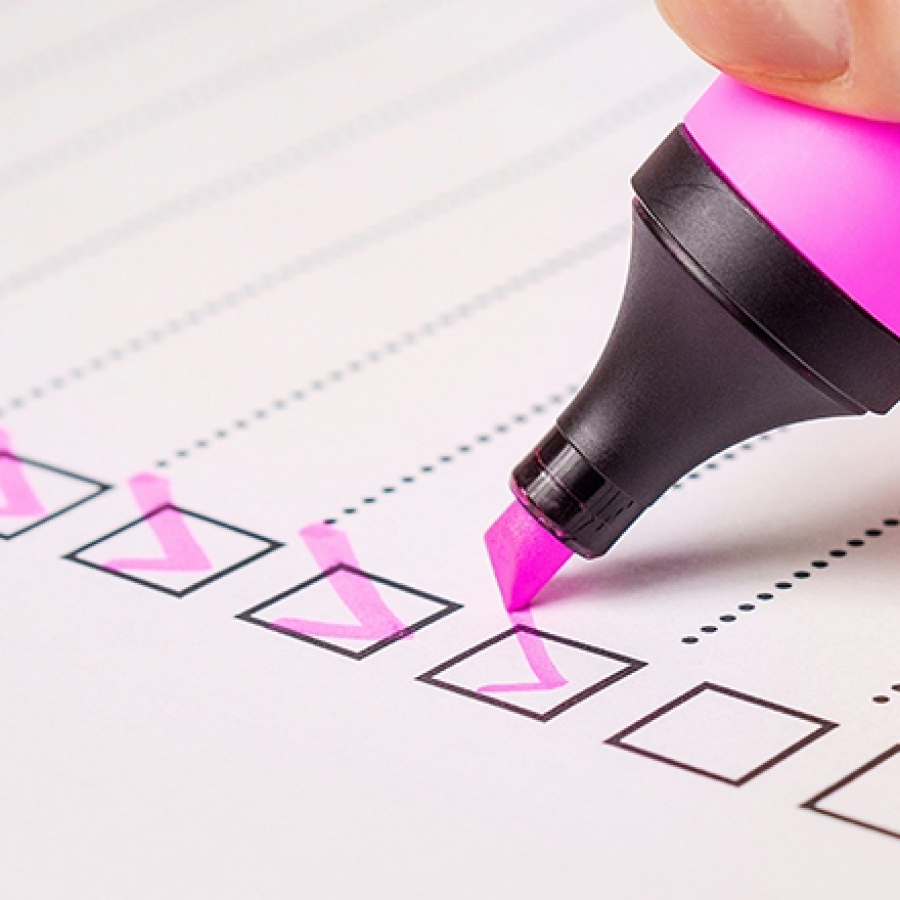
Business
Preparing to Exit: What Medical Spa Owners Should Know Before Selling Their Practice
By XiteAs the medical aesthetics industry continues to mature, many medical spa owners are beginning to think seriously about retirement ...
Posted By Madilyn Moeller, Monday, July 3, 2023

By Jessica Nunn, Maven Financial Partners
“I sure am glad I wasn’t prepared,” said no one, ever—especially small business owners.
As a small business owner, you understand the importance of planning for the unexpected. Just as individuals have emergency funds to handle unforeseen expenses, it's crucial for small businesses to maintain enough working capital to carry them through challenges. Whether your practice is experiencing a slow period or you have a provider on maternity leave or an extended vacation, disruptions in cash flow will happen. Your business must be healthy enough to make it through the disruption without having to resort to drastic measures—such as “payday” loans, layoffs or closures—to survive. Enter the concept of a “rainy-day fund”. A rainy-day fund acts as a financial safety net, providing your business with stability during challenging times.
Running a small business often involves navigating through periods of uncertainty and volatility. Economic downturns, unexpected expenses, supply chain disruptions or sudden decreases in demand can pose significant challenges to your medical spa. Having a rainy-day fund allows your business to weather whatever comes your way. Here are some reasons why a rainy-day fund is essential for your small business:
As with most things, the size of a rainy-day fund depends on your needs. When a business has experienced steady sales for a long time, has an established customer base, has multiple providers and offers a wide variety of services, less working capital (a finance term for a “rainy-day fund”) might be required. Cash flow for these businesses is typically strong, steady and predictable, so bouncing back from disruption might occur faster.
A younger, rapidly growing business with less predictability requires more reserves. Risks to revenue are larger when there are fewer providers. The impact of an extended vacation, health issue or maternity leave is greater. A disruption with a specific vendor might have a larger impact if only one or two services are offered. Finally, cash flow with younger businesses is simply more volatile. Predicting natural seasonality or local demand is more difficult for a new business.
Additionally, every business owner has a different tolerance for risk and stress. Some business owners sleep better at night when they have an amount equivalent to a year’s worth of expenses hoarded away, while others sleep great with just 30 days’ worth.
At a minimum, you should have at least two to three months’ worth of expenses set aside for emergencies. If your practice is younger and you personally like being as frugal as possible, work up to six to 12 months of savings or capital.
Remember, there is an opportunity cost of working capital to consider. Twelve months’ worth of expenses locked up in your practice’s checking or savings account is a large sum of money that isn’t otherwise working for you. You’re forgoing investing in new service offerings or devices, investing in the stock market or even providing a nice return to your investor(s) by having a large rainy-day fund. Maintaining an appropriate balance requires considering all these factors and regularly revisiting it.
Now that we’ve convinced you of the importance of a rainy-day fund, let's delve into some ideas to get you started:
With rising interest rates, Maven is working closely with clients to make the most of their savings. Consider a high interest money market account. At the current time, its clients are earning up to 4% on their balances! Others even choose to invest the money in the market, where returns might be greater. Diversifying between banks and account types can also protect against banking failures, as mentioned here.
Lines of credit can be used to supplement or complement your rainy-day fund. Access to a line of credit provides additional capital to a business when needed. Maven recommends medical spas work closely with their banker to determine an appropriate line of credit for their business.
Access to personal funds can also provide additional working capital. As a small business owner, you know you’re the last to be paid. It’s important to maintain a personal rainy-day fund because your income is not guaranteed. Having ample reserves at home that can be contributed or lent to the business during leaner times is an additional option that could be considered for working capital.
In the unpredictable world of small business, creating a rainy-day fund is a vital step toward financial stability and resilience. By setting aside funds to handle unexpected expenses, economic downturns or cash flow challenges, you can ensure the long-term viability of your business. While establishing a rainy-day fund requires discipline and careful planning, the peace of mind it provides is invaluable. Remember to regularly review and update your savings plan, adapting it to the changing needs of your business. Embrace the mindset of preparedness and protect your small business from the storms that lie ahead. With a well-funded rainy-day fund, you'll be better equipped to navigate uncertain times and emerge stronger on the other side.
For a free financial assessment and ideas on establishing your own rainy-day fund, please reach out to Maven Financial Partners at hello@mavenfp.com.
Maven Financial Partners acts as an aesthetics CFO. It helps aesthetics businesses understand their financials and make a plan for their business. Maven budgets income and expenses, sets provider goals, measures performance and forecasts growth. It wants to connect with business owners who want to become more profitable.
Related Tags
Medical spa news, blogs and updates sent directly to your inbox.

Business
By XiteAs the medical aesthetics industry continues to mature, many medical spa owners are beginning to think seriously about retirement ...

Business
By Adam Reinebach, Chief Executive Officer, American Med Spa Association (AmSpa)Since stepping into the CEO role at AmSpa, I’ve spent ...

Business
By Medical Marketing WhizAs the year comes to a close, now is the perfect time to reflect on what’s working—and ...

Business
By Eric Atienza, Assistant Director of Digital Marketing and Marketing TechnologyMore and more people are turning to med spas for ...